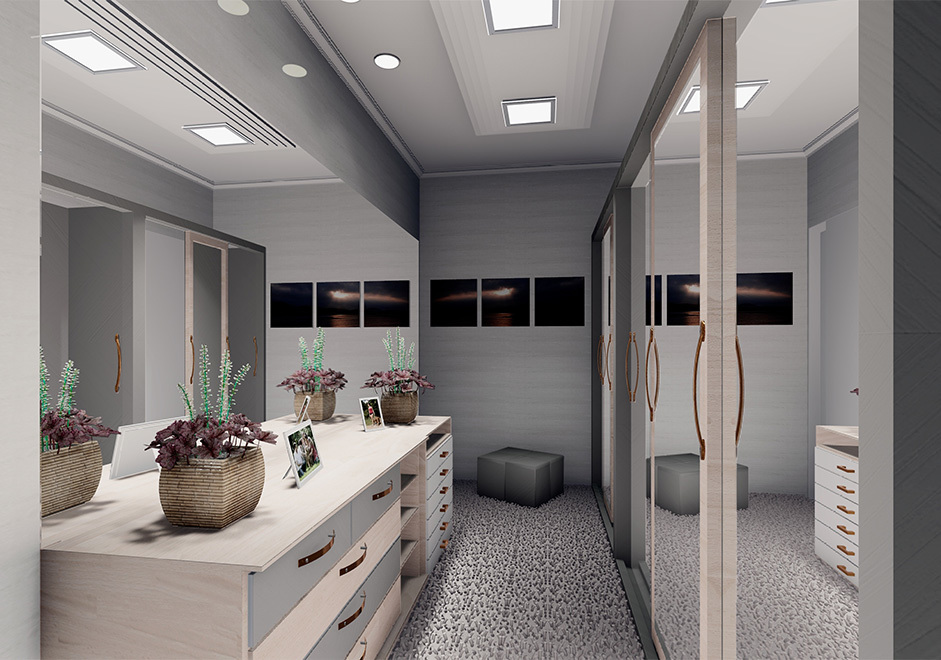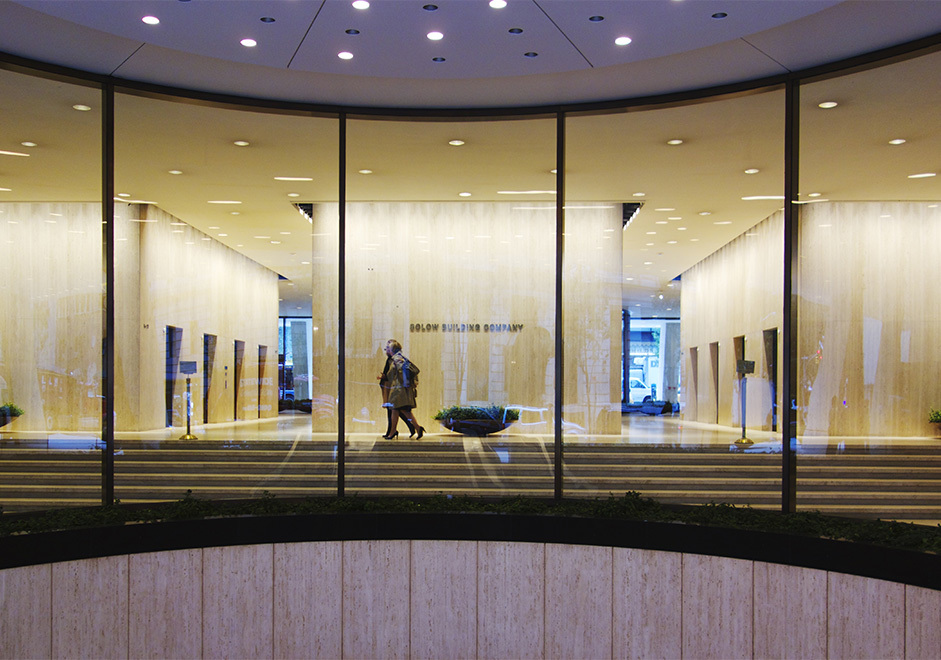News Center
How will the lighting industry develop in the future under the internet?
Release time:
Feb 07,2025
What will the intelligent world of the future look like? Baidu CEO Li Yanhong stated that in the future, all manufacturing industries will belong to the artificial intelligence sector, or the Internet of Things sector. All products must be able to connect to the internet, must be able to transmit data back to the cloud, and must be analyzed through artificial intelligence technology to bring real value to consumers. This is indeed the case; these are not just imaginations, but are gradually becoming a reality. With the continuous development of technologies such as mobile internet, the Internet of Things, big data, and cloud computing, the lighting industry is also undergoing constant changes. Beyond just lighting, light has more possibilities, just like the slogan of Philips Lighting.
What will the intelligent world of the future look like? Baidu CEO Li Yanhong stated that in the future, all manufacturing will belong to the artificial intelligence industry, or the Internet of Things industry. All products must be able to connect to the internet, return data to the cloud, and be analyzed through artificial intelligence technology to bring real value to consumers.
Indeed, this is not just imagination; it is gradually becoming a reality. With the continuous development of technologies such as mobile internet, the Internet of Things, big data, and cloud computing, the lighting industry is also undergoing constant changes. Beyond lighting, light has more possibilities, just like Philips Lighting's slogan "Light beyond what you see."
The internet era has brought opportunities to lighting companies, but it has also posed significant challenges, with new competitors continuously entering the market and the competitive landscape of the industry changing. Where will the industry go in the future? At the opening forum of the 2017 Guangzhou International Lighting Exhibition, leading companies in the industry provided answers.
Huawei: Embrace the Internet of Things to Accelerate the Lighting Revolution
Dr. Zhou Wu, Chief Technology Officer of Huawei's Network Product Line, proposed at the forum that global lighting accounts for 19% of electricity consumption, putting immense pressure on energy. Only by embracing the Internet of Things can we accelerate the lighting revolution. Huawei has developed a city lighting solution and multi-layer intelligent lighting control that can achieve over 80% energy savings, and through visual management and proactive maintenance, can reduce maintenance costs by 90%.
It also builds an open smart city platform using streetlights as a carrier, achieving full coverage of sensing and monitoring through sensor interconnection. At the same time, Huawei is establishing open laboratories in cities around the world, including Suzhou, Munich, London, Mexico, Saudi Arabia, and Paris, to create an agile Internet of Things ecosystem and promote the digital transformation of the industry.
Philips Lighting: Let Light Go Beyond What You See
As an advocate for smart connected lighting, how does Philips Lighting do it? Shen Xiaohui, General Manager of Philips Lighting's Greater China Marketing Department, outlined the vision for the next decade: First, there must be suitable light, making light more in line with the characteristics of the city through efficiency, dynamics, interaction, and responsiveness; second, the combination of smart connectivity and information technology to create new possibilities; third, to foster new applications that integrate lighting systems into the technological ecosystem of urban management.
In Philips Lighting's vision for 2030, 100 super cities will emerge globally, where smart connected lighting can support various municipal services, enabling city navigation based on location services, and allowing robots and drones to achieve lighting navigation. Urban spaces will transform into vertical farms, which will reduce water and pesticide dependence through lighting, and smart home devices will achieve complete connectivity.
Opple Lighting: Creating New Value
Qi Xiaoming, Director and Deputy General Manager, Chief Technology Officer of Opple Lighting, proposed thoughts on the new value of lighting in the post-LED era at the forum. He believes that the lighting industry has shifted from performance-cost ratio-price to new value creation. Opple has been contemplating how to provide consumers with a better lighting experience and has implemented this through technological innovation, integrating cutting-edge technological concepts into products.
Regarding Opple's future development, Qi Xiaoming proposed three aspects:
First, the digital revolution has arrived. With the advancement of smart homes, intelligent buildings, and smart cities, the global competitive landscape of the smart market will undergo significant changes. The Internet of Things market has vast market prospects, which is the main area Opple will focus on in the future.
Second, greater emphasis on lighting design to create value. Comfortable lighting needs to be people-oriented, not just about efficiency and cost, but also a direct expression of visual, physiological, and emotional elements, considering all aspects of lighting.
Third, product innovation. The future will be a competition of strength, with competition in structure, technology, and talent, all requiring core innovation and micro-innovation.









